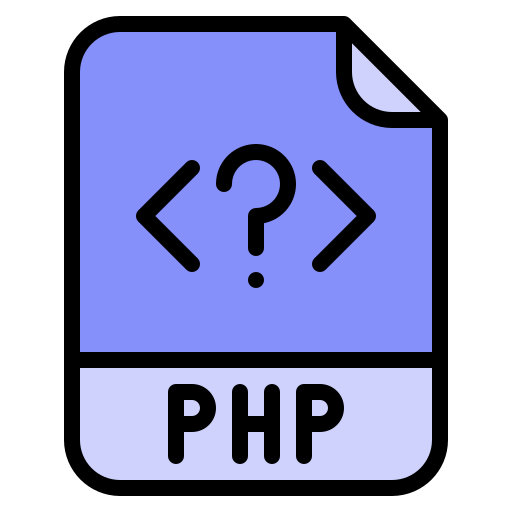
PHP is a widely used server-side scripting language that has been in existence since 1994. It has gained popularity over the years due to its ease of use, flexibility, and robustness. PHP is an open-source language, meaning that it is free to use and modify by anyone. In this article, we will explore the benefits of using PHP for web development.
Easy to learn and use
PHP is an easy language to learn and use, even for beginners. Its syntax is simple and straightforward, making it easy to read and understand. It has a vast community of developers, which means there are many resources available for learning and troubleshooting. PHP is also flexible, allowing developers to choose from various programming paradigms, such as object-oriented, procedural, and functional programming.
Cost-effective
As an open-source language, PHP is free to use and modify, making it cost-effective for businesses and individuals. This means that web developers can create web applications using PHP without having to pay licensing fees. Additionally, PHP is platform-independent, meaning that it can run on different operating systems, including Windows, Linux, and macOS.
Supports a wide range of databases
PHP supports a wide range of databases, including MySQL, PostgreSQL, Oracle, and Microsoft SQL Server. This makes it easy for developers to integrate their web applications with different databases, depending on their needs. PHP also has built-in functions that allow developers to interact with databases easily.
Scalability
PHP is a scalable language, meaning that it can handle large-scale web applications with ease. It can handle a high volume of requests without compromising the performance of the web application. PHP is also compatible with various web servers, including Apache and Nginx, which are known for their scalability.
Security
PHP has built-in security features that make it secure for web development. For example, it has a feature called “magic quotes,” which automatically escapes special characters in user input to prevent SQL injection attacks. It also has built-in functions for hashing and encrypting data, making it easy for developers to implement secure authentication and data storage mechanisms.
Large community and ecosystem
PHP has a large community of developers and users, making it easy to find support and resources. There are many PHP frameworks and libraries available, which help developers to build web applications quickly and efficiently. Many sites are created on the platform of the PPP, that allows you to organize the process of updated information on www.BestCasinosInCanada.net. in a timely manner. Popular PHP frameworks include Laravel, Symfony, and CodeIgniter, which provide a robust set of tools and features for web development.
Compatibility
PHP is compatible with various web technologies, including HTML, CSS, and JavaScript. This makes it easy for developers to integrate PHP with other web technologies to create a seamless user experience. PHP also has extensions that allow developers to interact with other web services, such as REST APIs.
PHP’s flexibility and compatibility with various web technologies make it a great choice for building web applications. It’s easy to integrate PHP with front-end technologies like JavaScript frameworks (React, Angular, Vue), allowing developers to create dynamic, interactive web pages. PHP also works well with content management systems (CMS) like WordPress, Joomla, and Drupal, which are used to create websites, blogs, and e-commerce stores.
One of the most significant advantages of using PHP is its large and active community. The community offers a wealth of resources, including documentation, forums, and tutorials. This makes it easy for developers to find solutions to common problems and troubleshoot errors. The community also contributes to the development of PHP by creating extensions, libraries, and frameworks that make it easier for developers to build web applications.
PHP has a robust set of libraries and frameworks that help developers build web applications quickly and efficiently. One of the most popular PHP frameworks is Laravel, which is designed for building modern web applications. Laravel offers features such as authentication, routing, and database migrations, making it easy for developers to build complex applications. Other popular PHP frameworks include Symfony, CodeIgniter, and Yii.
Another advantage of using PHP is that it is easy to deploy web applications. PHP scripts can run on any server that supports PHP, including cloud servers like Amazon Web Services (AWS) and Microsoft Azure. Deploying a PHP web application involves uploading the files to the server and configuring the server to run the application. There are also many tools available, such as Ansible, Chef, and Puppet, that automate the deployment process.
Conclusion
In conclusion, PHP is a powerful language for web development, and it offers many benefits, including ease of use, cost-effectiveness, compatibility, and scalability. It also has built-in security features, making it secure for web development. PHP has a large community of developers and users, which means there are many resources available for learning and troubleshooting. Overall, PHP is an excellent choice for web development, and it’s no surprise that it’s one of the most widely used server-side scripting languages today.



